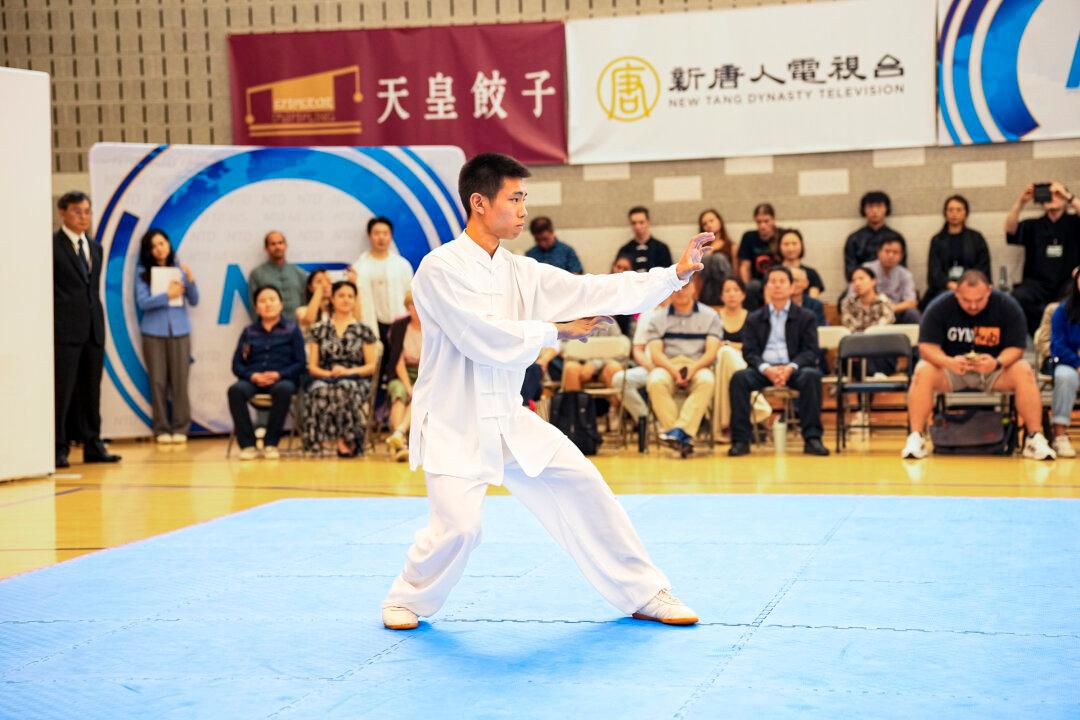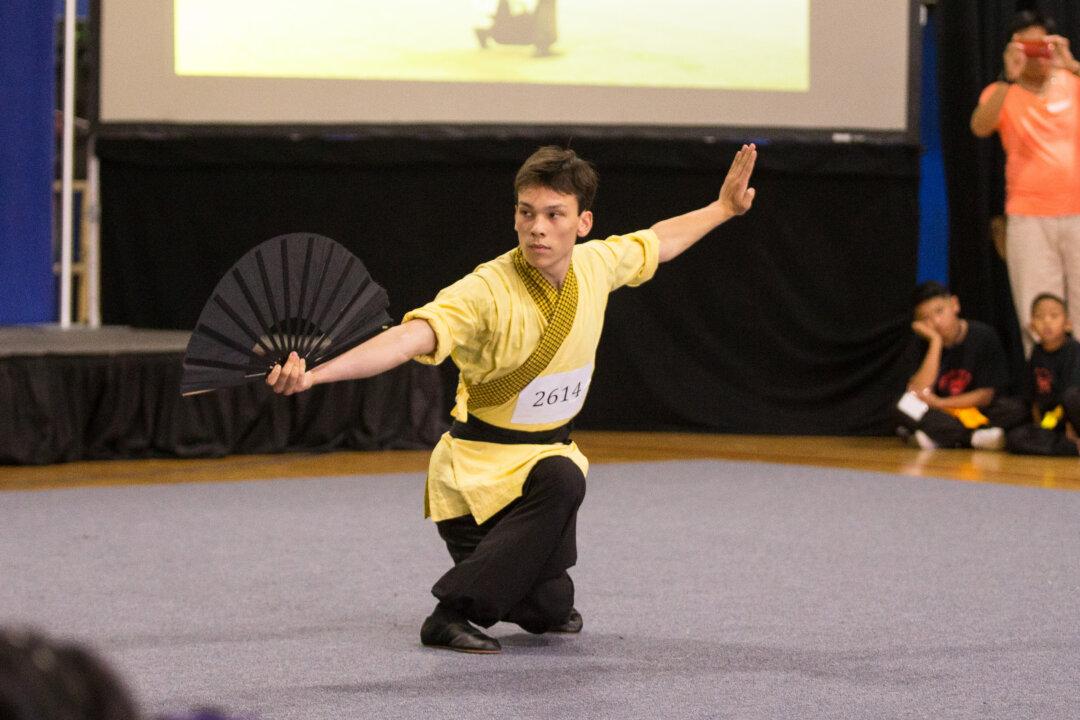If there’s anything that can put Chinese chickens out of work, it’s the man-made eggs that have been plaguing consumers for over a decade.
Since 2003, Chinese workers have been able to replicate chicken eggs to a surprising degree of detail. The shell is made of shaped calcium carbonate, reported the Beijing Media Network. Other ingredients include starch, resin, and cellulose coagulants for the egg white, and edible pigment additives for the yolk.
Countless pictures of the fakes have appeared on Chinese social media throughout the years. Lured by low prices, shoppers all over China have reported unwittingly buying the eggs, only to find that the yolk becomes hard and rubbery once cooked; one internet post said the yolks bounced when thrown on the floor.






